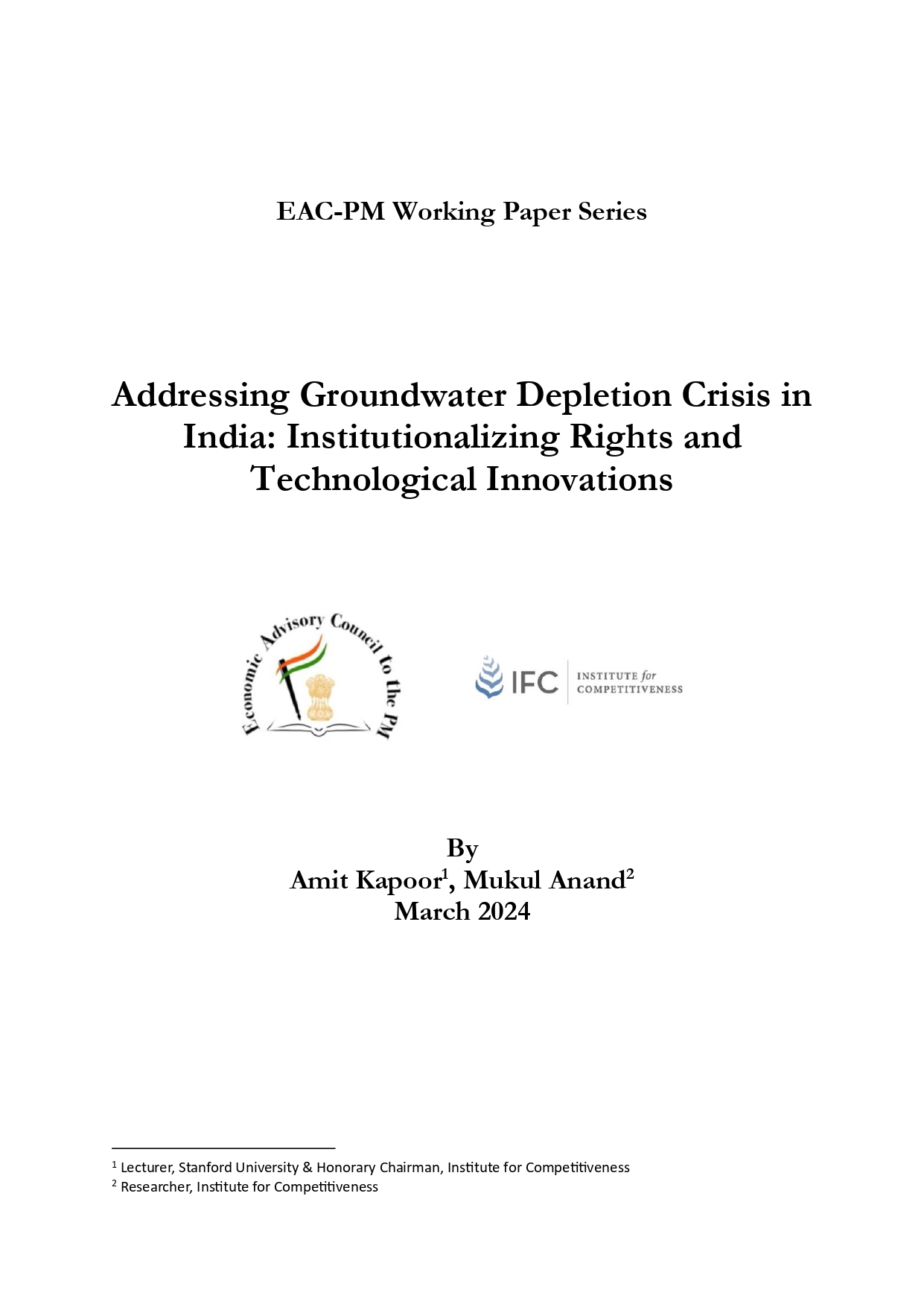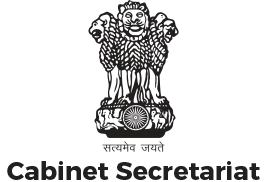Groundwater, a vital resource essential for sustaining agriculture, rural water supply, and urban consumption, is rapidly depleting in India. With overreliance on groundwater, constituting 62% of irrigation and 85% of rural water supply, India faces an imminent threat exacerbated by population growth, industrial demands, and urbanisation. A University of Michigan study projects a tripling of groundwater depletion rates by 2080, primarily driven by climate-induced intensified withdrawal for irrigation. It highlights the oversight in earlier projections and calls for urgent policy interventions to mitigate this crisis. Proposed measures include rationing power supply, metering electricity usage, regional water resource development, and incentivising farmers for groundwater recharge. The study places India within the global context of groundwater depletion, identifying it as one of the six environmental tipping points. Issues such as declining water quality, aquifer depletion, and land subsidence underscore governance challenges in India, necessitating sustainable management practices. This paper unfolds in three chapters, exploring the problem’s causes and impacts, policy measures from various states and globally, and solutions grounded in community rights and artificial recharge. It emphasises the imperative role of institutionalisation, drawing insights from global examples, particularly Latin America, South Africa, Germany, and Australia. The synthesis of global and Indian experiences highlights the need for a holistic approach, starting with institutionalising community rights and complementing it with technological interventions for sustainable groundwater management.




